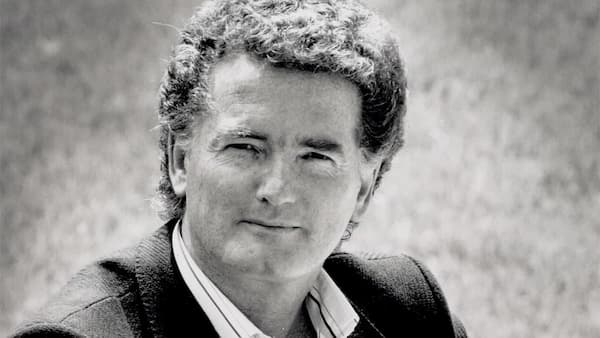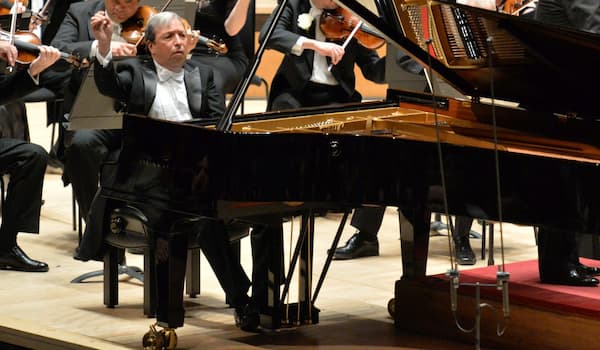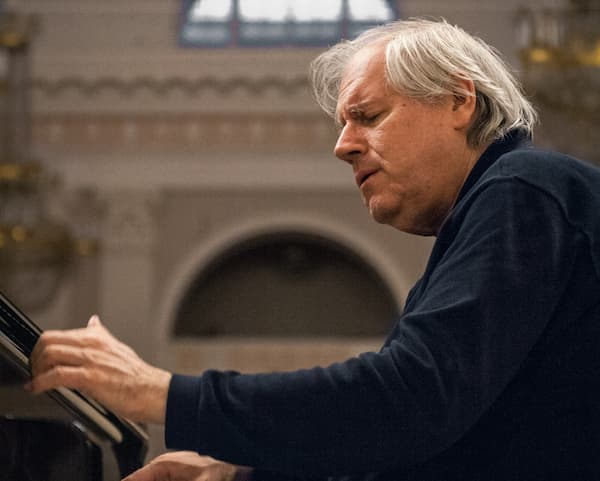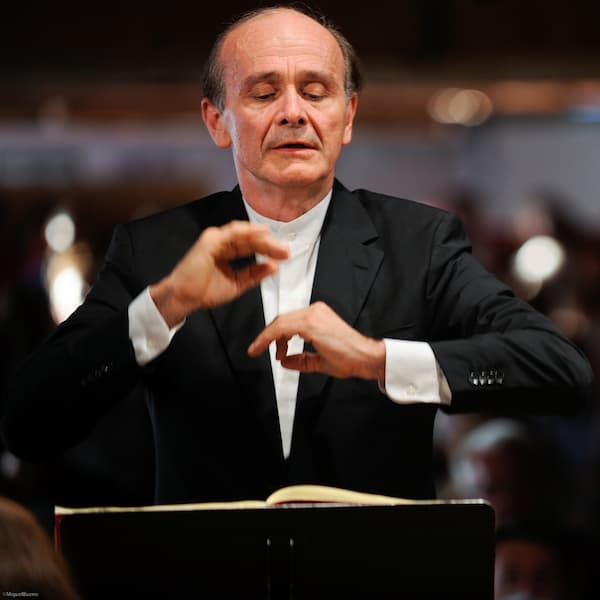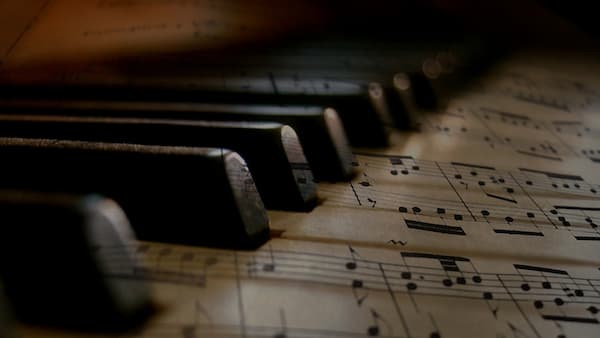For 50 years, the Schubertiade has been a haven for lovers of Franz Schubert’s music, transforming the quaint Austrian towns of Schwarzenberg and Hohenems into cultural hubs for chamber music and lieder. Founded in 1976, the Schubertiade has evolved from
Articles
Canadian heldentenor Paul Frey is renowned for his exceptional performances in the operas of Richard Wagner. Emerging from a Mennonite background, Frey’s journey to international acclaim is a remarkable tale of talent and determination. Initially a professional hockey player and
Murray Perahia, born on 19 April 1947 in New York City, is one of the most revered pianists of our time. A musician whose mastery transcends technical brilliance to touch the profound depths of musical expression, Perahia’s artistry is defined
Many music history lovers know that Johann Sebastian Bach had many children: twenty kids by two wives. What fewer people know is that the wider Bach family was famously fertile…as well as famously musical. In fact, the Wikipedia article on
Grigory Sokolov burst onto the scene in 1966 by winning the International Tchaikovsky Competition at the age of 16. Emerging from the intense musical training grounds of the Soviet Union, Sokolov subsequently built a reputation based on steely precision and
The remarkable career of the distinguished Hungarian musician Gábor Takács-Nagy spans both virtuoso performance and masterful conducting. His prodigious abilities as a violinist propelled him to international recognition, most notably as a founding member and leader of the acclaimed Takács
There comes a moment in a musician and composer’s life, where the question of teaching music is asked. Particularly when it comes to teaching their own children, and transmitting both the passion and the knowledge gained over the years to
It’s a loaded question, and more than a little silly. When it comes to music and art, of course, greatness is extremely subjective. However, it’s just plain fun to look at such a list, seeing which pieces went into print


